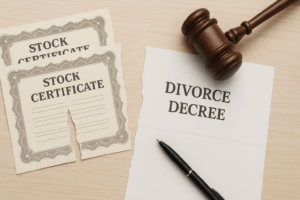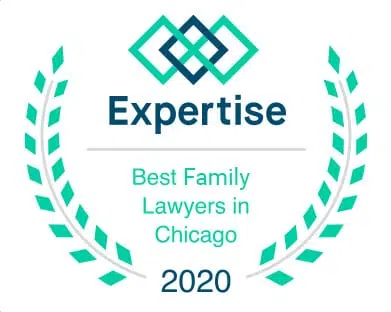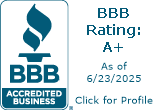Prior to trial, parties will often issue an Illinois Supreme Court Rule 237(b) Request to Appear and Produce. This Rule 237(b) Request to Appear and Produce does just that: it requests the party to be present to testify at trial and, oftentimes, will request a party to bring certain documents with them to the trial. This concept often confuses clients because they feel they have already produced these documents during the initial discovery process. In response to a 237 Request to Produce, I am often asked by my clients “didn’t I already do this?” The answer is yes.
Illinois Supreme Court Rule 214 provides that any party may request any other party to produce documents, objects, or other tangible items that are relevant to the parties’ case. The party must give the producing party at least twenty-eight days to comply with the request and tender the documents, objects, or other tangible items. Illinois Supreme Court Rule 214 is used prior to trial in order to obtain the other party’s documents and other objects, which may be used as evidence later. Although Illinois Supreme Court Rule 237(b) may request the party to produce certain documents on the day of trial, this document request is different from the document request as stated in Supreme Court Rule 214 in that, Supreme Court Rule 237(b) only allows the party to request the originals of documents previously produced.
Supreme Court Rule 237(b) was revised to provide that “the notice also may require the production at the trial or other evidentiary hearing of the originals of those documents or tangible things previously produced during discovery.” Prior to this revision, many attorneys would use Rule 237(b) to obtain new or additional documents on the date of the trial because they failed to request these documents under Supreme Court Rule 214 prior to trial. This practice often led to unfair results because a party would be able to obtain new documents to use as evidence on the date of trial without providing the other party with adequate time to review those exhibits. To rectify this problem, Rule 237(b) was revised to limit the documents that may be requested to those documents that have already been previously produced in the discovery process. As a result, Rule 237(b) may not be used to request new or additional documents that should have been requested pursuant to Supreme Court Rule 214 prior to trial. Although Rule 237(b) was revised to clarify what documents may be produced, many parties still attempt to obtain new documents on the date of trial. Therefore, in responding to a Rule 237(b) request, it is important to review the documents and other tangible items that have already been produced in your case, and limit your response to the originals of the documents or items already produced.



















